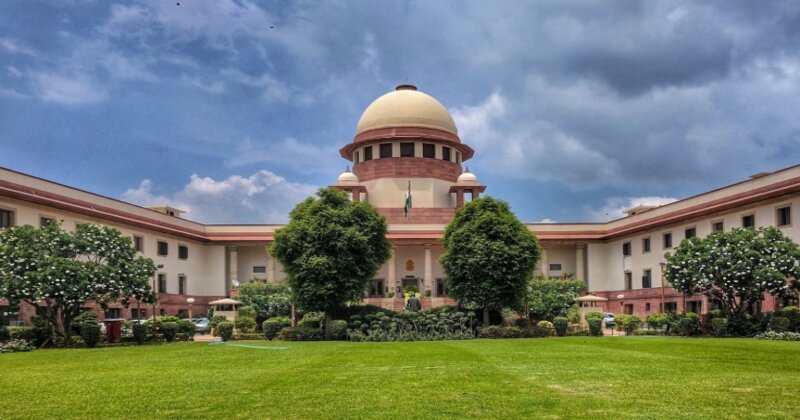
The Supreme Court has agreed to examine issues related to the age limits for surrogate mothers and other provisions under the Surrogacy Regulation Act and the Assisted Reproductive Technology (Regulation) Act, 2021. A bench comprising Justice BV Nagarathna and Justice Satish Chandra Sharma scheduled the matter for February 11, asking the Centre to submit written arguments. The petitions, including one by infertility specialist Dr. Arun Muthuvel, challenge the constitutional validity of these laws, particularly the age restrictions for surrogate mothers and concerns over inadequate medical expense coverage.
One of the contested provisions mandates that intended mothers must be aged 23-50 years and fathers between 26-55 years. The Surrogacy Act also specifies that surrogate mothers must be married, aged 25-35 years, and have a biological child, with a limit of one surrogacy in their lifetime. Additionally, the law permits surrogacy only for medically necessary cases involving legally married couples or widowed/divorced women aged 35-45. Critics argue these restrictions may infringe on personal choices and fail to address broader medical and social concerns.
During the hearing, the bench highlighted the need for safeguarding surrogate mothers against exploitation, particularly since commercial surrogacy is prohibited in India. The court suggested the creation of a database to monitor surrogacy practices and prevent repeat exploitation of the same individuals. It also proposed establishing a designated authority to handle compensation for surrogate mothers and stressed the importance of ensuring a robust framework to protect their interests.

Post Your Comments